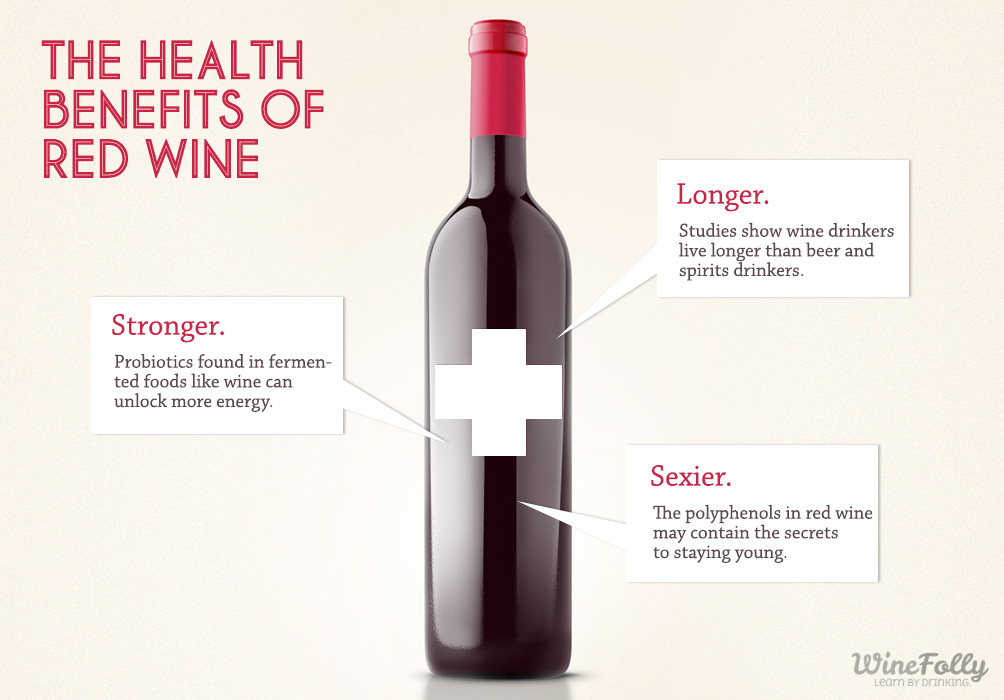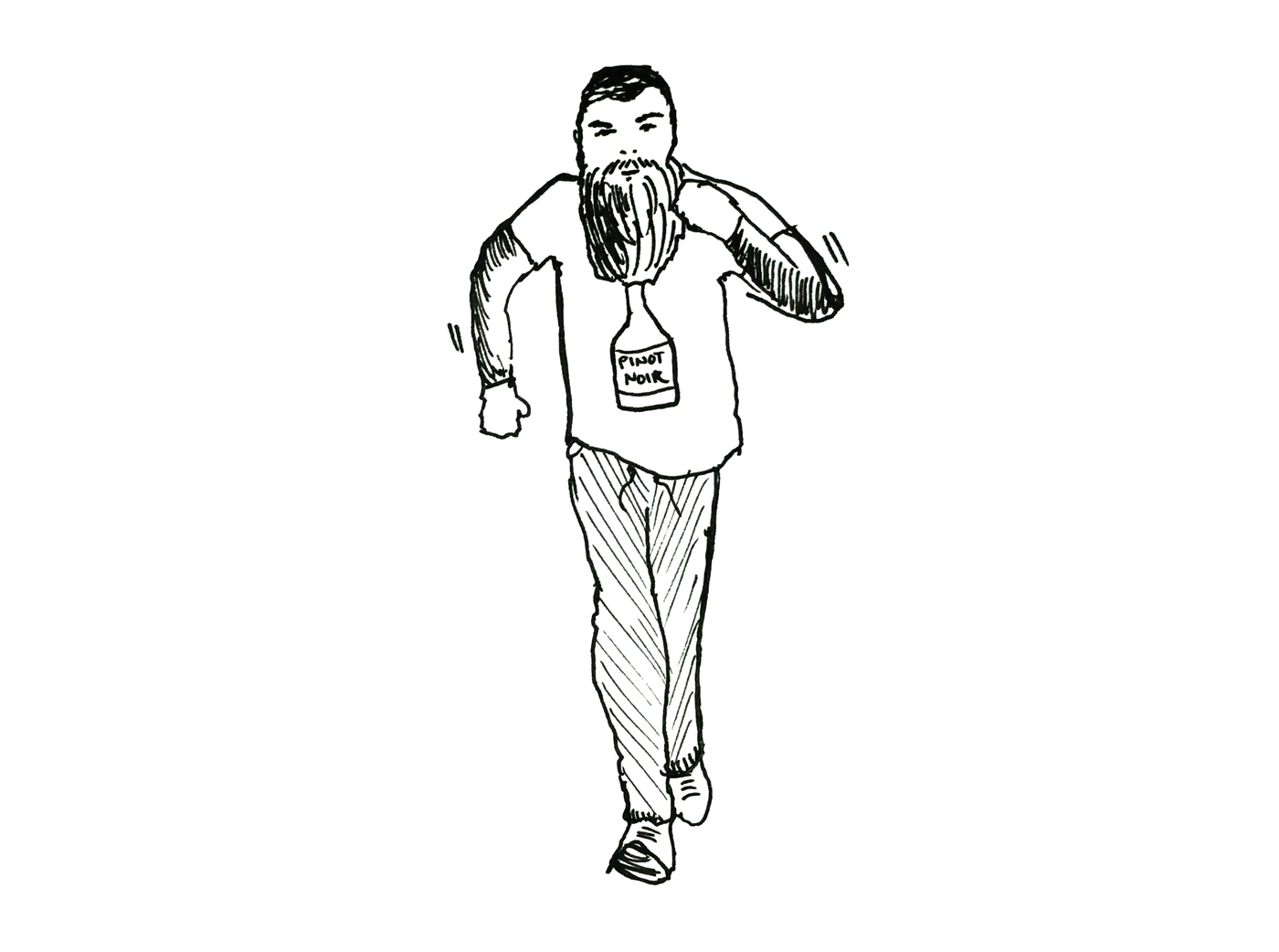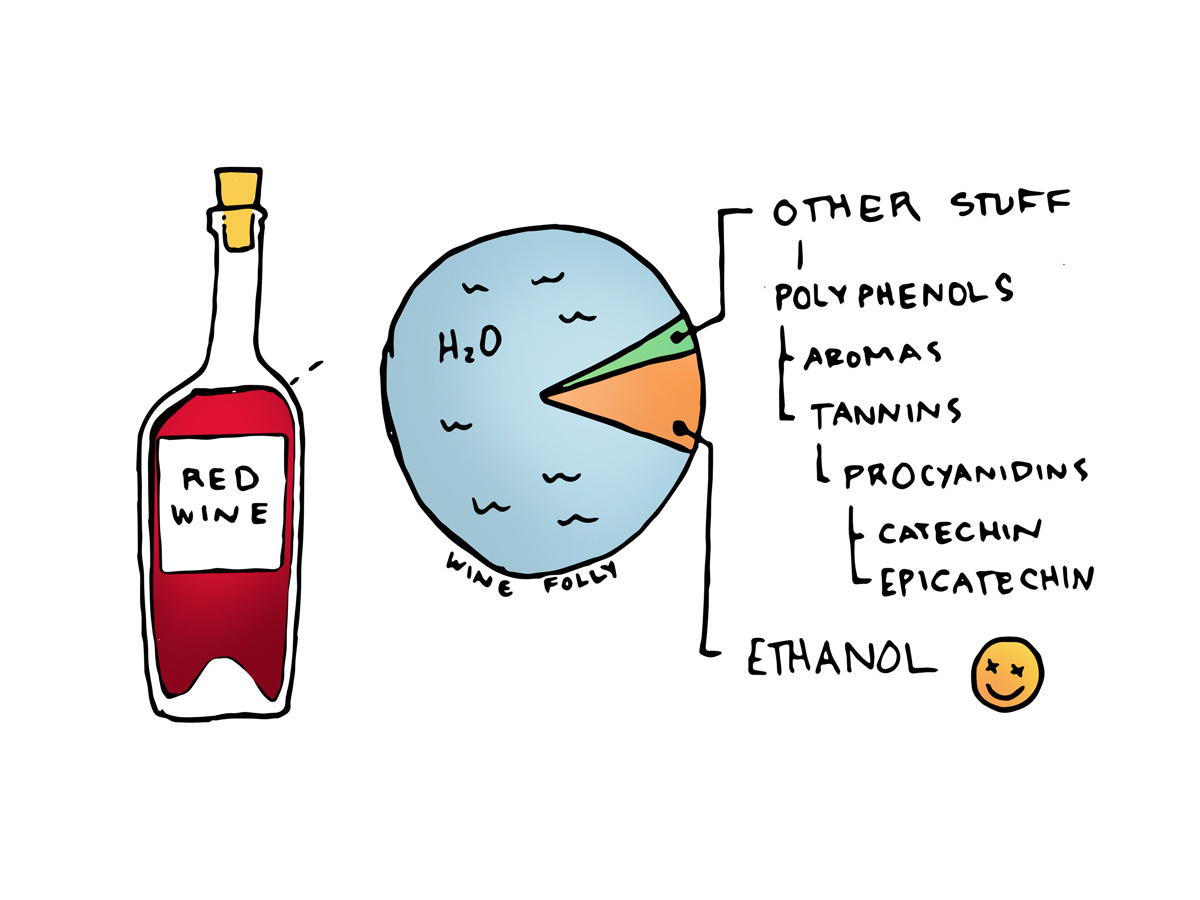Ever notice the lack of consideration that diets have for your wine habit? Seriously. How is one supposed to start and maintain a healthy lifestyle if it completely removes a wine? Also, is it possible to drink wine and stay thin?
Fortunately, this is overwhelming evidence pointing to wine as the healthiest form of booze if consumed in moderation.
Here are 7 tips on staying healthy while still drinking wine.

7 Ways to Stay Healthy and Drink Wine
The following 7 tips may help you enjoy a healthy diet that includes wine.
- Know wine’s calories
- Earn your glass
- Don’t drink before you eat
- Do drink dry red wine
- Don’t drink too late
- Do spend more on wine
- Drink wine away from home
1. Know the calories in wine
“If you are already thin and healthy, alcohol intake does not seem to affect weight gain.”
referenced from Alcohol Alert, National Institute on Alcohol Abuse
Most wine has anywhere from 92-175 calories per glass. If you’d like to find out the specifics on a particular wine, check out this chart.
The interesting thing about alcohol calories is that our bodies digest ethanol differently. We send excess ethanol into a complex metabolic process involving our liver, which eventually releases acetic acid processed by the body (a.k.a. we pee it out). So, not all of those calories convert to energy.
Of course, it’s important to note that everyone’s physiology is different: women, Asians, Native Americans, and Inuits secrete less alcohol than Caucasian males. Read more about that here.
What’s weird is that if you drink more than you can metabolize, you are less likely to absorb the calories. This doesn’t mean you can go out and drink a bottle of wine, it just means that alcohol calories are a little more forgiving than say… ice cream calories.
How much wine is too much wine?
Heavy drinking is about 3+ drinks for a man and 2+ drinks for a woman daily. Do your health a favor and acclimate your body to about half of that as a good example of moderate drinking behavior. Some of the longest-lived people on earth drink about this much wine every day.
Moderate drinking:
- (men)
- + (women)

2. Earn your glass of wine before you drink
Walking in the early evening will help keep your metabolism up and will also slow down the ‘need to feed’ impulse that we often have at the end of the day. Walking is a natural decompression. This habit may help reduce over drinking as well.
Setting your diet up for success means increasing your metabolism. What’s interesting about wine is that it also increases metabolism for about 70-90 minutes. It’s important to drink water when you consume wine and liquor to maintain the balance of water in your cells since alcohol is a diuretic. You’ll note that beer is different than wine and causes cells to swell.
“Men and women who drink alcohol tend to have a stable body weight over a decade of observation compared with their non-drinking counterparts, whose weight increases.”
A prospective study of alcohol intake and change in body weight among US adults Pubmed.gov
3. Don’t drink before you eat
Drinking wine before you eat has shown to increase appetite when consumed 30 minutes before eating, so save your wine for your meal. If you love to cook and drink at the same time, try splitting your glass of wine into 2 servings of 3 ounces each.
Also, having wine on a full stomach will make it so you’ll be less likely to feel the effects and more likely to absorb all of the associated calories.

4. Drink dry red wine
Red wine has shown to have much higher antioxidants than other wines. Pay attention to the alcohol level when purchasing a bottle and attempt to keep it below 13.5% ABV. Find out about the amazing health benefits of red wine.
5. Don’t drink too late at night
Alcohol behaves similar to carbohydrates in our bodies, so to drink wine and stay thin, resist drinking too late. You will also be able to have higher quality rest if you stop all eating and drinking for the day around 8 to 8:30pm – that is if you go to sleep around 12am.
6. Spend more on a bottle of wine
To change our habits, we have to put a value around the things we eat. If you spend a little more on your bottle of wine, it will encourage you to enjoy it over several days. You can easily preserve your red or white wine in the fridge with a vacuum pump wine sealer. Sparkling wines will last up to 4 days with a Champagne stopper.
7. Don’t drink at home
We are lazy, so if the temptation isn’t nearby, we are less likely to indulge. If you’re on a strict diet, remove indulgent foods and drinks from your house. By all means, you can still have a drink at night! Why not walk to a neighborhood wine bar and meet a friend?
BONUS: wine as an aphrodisiac
A little wine could help get you into the mood. We are not doctors so don’t take our word for it, instead, look at the facts:
- Wine increases blood flow and causes a warm tingling sensation on the skin.
- Ethanol is a glutamate inhibitor and slows down brain activity – this will keep you from getting distracted!
You don’t need that much for the effects, just a splash.